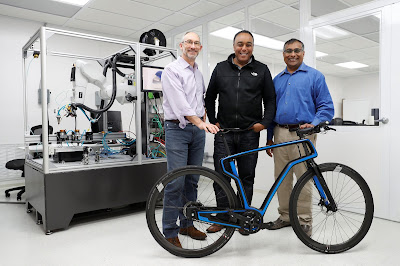Why Effective Safety Management Can Protect Your Bottom Line
By Catherine Metcalf When you run a business, it’s important to control expenses so that you can remain profitable. However, unexpected costs can arise that throw off the balance. Employee injuries can be one of the most disruptive things that happen to a company. According to one work injury lawyer in Philadelphia, “When an employee suffers an injury at work, the employer’s workers compensation coverage will pay benefits to the injured employee.” However, the initial payout is only the beginning of financial effects that can be felt from this type of injury. Having an effective safety management system in place can help you to maintain your bottom line and keep you in business. Increased Premiums In many states, workers compensation insurance is mandatory for businesses with more than one employee. This insurance covers employees for rehabilitation, costly medical expenses, and wages lost as a result of a work-related incident. However, companies pay premiums based on th












